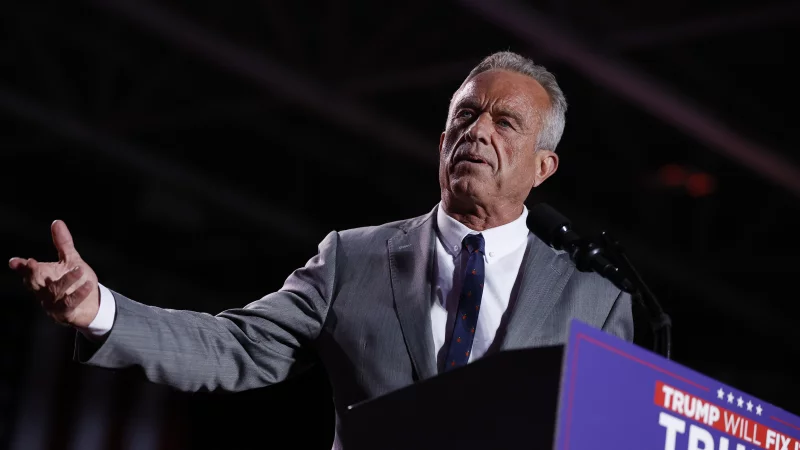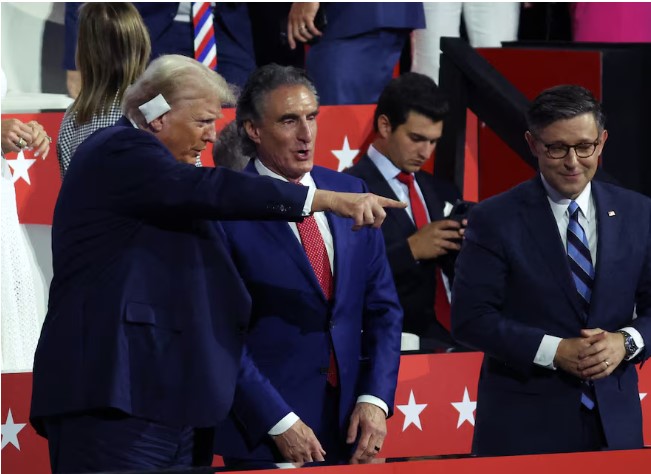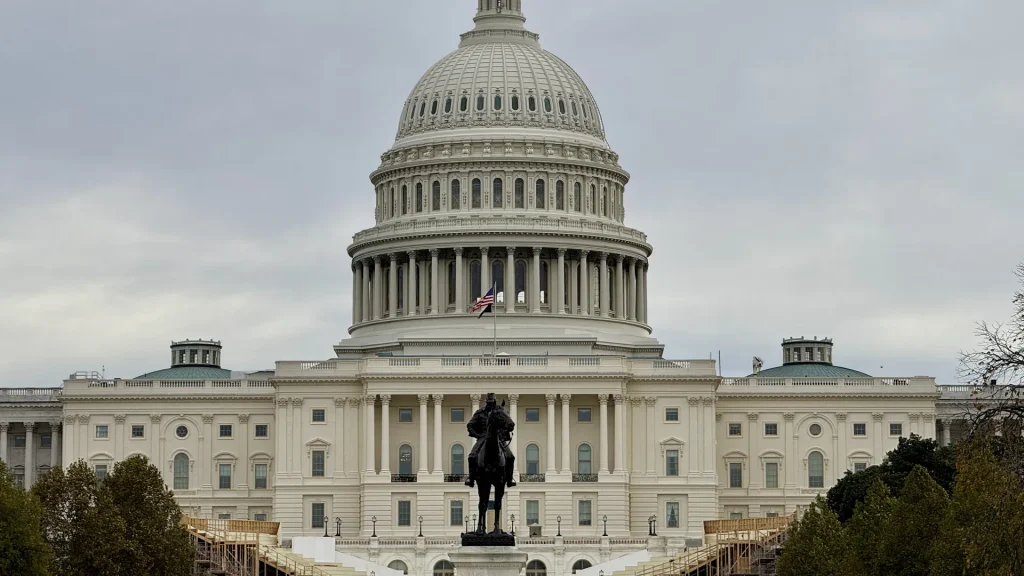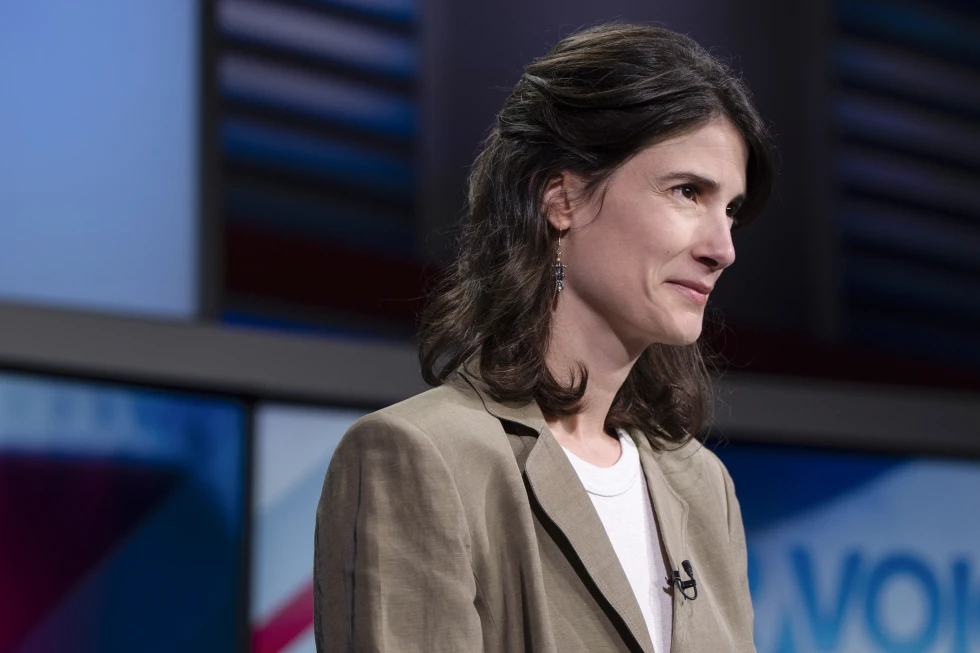Trump Floods the Zone with Bold Appointments for His Second Term
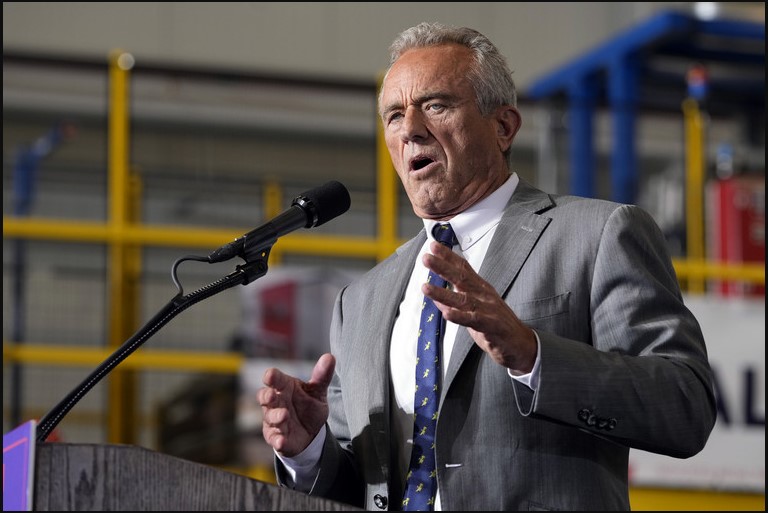
As President-elect Donald Trump prepares for his second term, his administration is taking shape through a series of high-profile and sometimes controversial appointments. Among the most talked-about picks is Robert F. Kennedy Jr., whom Trump has tapped to lead the Department of Health and Human Services (HHS).
Kennedy’s selection, however, has sparked an immediate backlash from both Democrats and public health experts due to his long history of promoting anti-vaccine rhetoric, which has positioned him as a polarizing figure in public health debates.
Kennedy, known for his advocacy of alternative medicine and conspiracy theories surrounding vaccines, has become a lightning rod for criticism. Senate Democrats were quick to denounce the choice, with Sen. Patty Murray (D-Wash.) calling him “a fringe conspiracy theorist.” Former CDC acting director Richard Besser also voiced his concerns, stating that Kennedy’s presence in such an important role would undermine efforts to address public health challenges. However, Kennedy’s supporters, particularly within the Republican Party, have been more cautious in their response. Sen. Bill Cassidy (R-La.), a physician and incoming chair of the Senate Health, Education, Labor and Pensions Committee, defended Kennedy, highlighting his work on issues like food transparency and public health reform.
While some conservative voices remain wary, others have strongly opposed Kennedy’s appointment. The New York Post editorial board joined the chorus of disapproval, with National Review’s Philip Klein calling Kennedy a “monumental disaster” for HHS. The criticism largely centers around Kennedy’s stance on abortion and his past opposition to government-run healthcare programs. Still, there’s an element of intrigue as Kennedy’s appointment could have significant implications for public health policy moving forward.
Beyond the HHS nomination, Trump’s appointees for other key roles have kept Washington on edge. The list of selections reveals a strategy of rewarding loyalists and fortifying his base with figures who have become well-known for their unwavering support of the former president. North Dakota Governor Doug Burgum is expected to take the helm at the Department of the Interior, while former Rep. Doug Collins (R-Ga.), a regular Fox News commentator, is set to lead the Department of Veterans Affairs. Collins, who has made a name for himself in conservative circles, is seen as a strong advocate for veterans’ issues and is also rumored to be positioning himself for a future political run.
In the national security realm, Trump is reportedly considering former national security figures Michael Anton and Sebastian Gorka for the deputy national security adviser role. Both men are known for their hardline stances and their deep ties to Trump’s first administration, making them likely choices to help steer U.S. foreign policy during his second term. Meanwhile, legal figures who have long aligned themselves with Trump’s defense team are also making their way into key positions. Todd Blanche, who represented Trump during his various legal battles, is in line for deputy attorney general, while Jay Clayton, former chair of the SEC, is poised to take over as U.S. Attorney for the Southern District of New York.
Trump’s appointments reflect a broader strategy to reinforce loyalty while consolidating control over the executive branch. In this sense, his second term is shaping up to be even more deeply aligned with his personal ideology and political priorities. The appointments suggest that Trump will continue to surround himself with allies who will safeguard his interests and implement his vision for the country, even as they face pushback from those who disagree with his policies.
In a separate but related political development, Ohio Senator Sherrod Brown, who has been a long-time voice for working-class Americans, recently reflected on the 2024 election and the shifting political landscape. Brown, who lost his bid for re-election to Republican Bernie Moreno, analyzed why working-class voters have increasingly gravitated toward Trump’s message. He attributed Democrats’ failure to connect with workers as a key factor in the party’s erosion of support in battleground states. For Brown, the future of the Democratic Party lies in rebuilding that relationship by emphasizing the dignity of work and maintaining a focus on human rights for all.
As Trump finalizes his team for the second term, these appointments—and the reactions they provoke—serve as a preview of the battles ahead. The president-elect’s decisions have already set the stage for a contentious and high-stakes confirmation process, with both political and policy implications that will shape the next four years of American governance.


